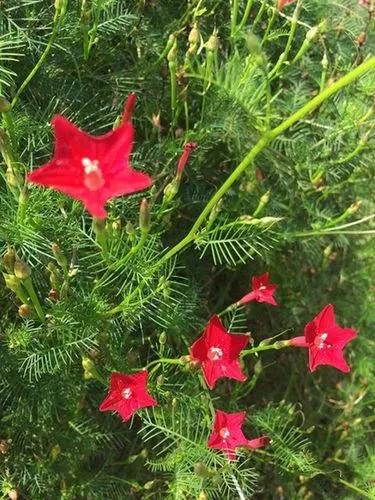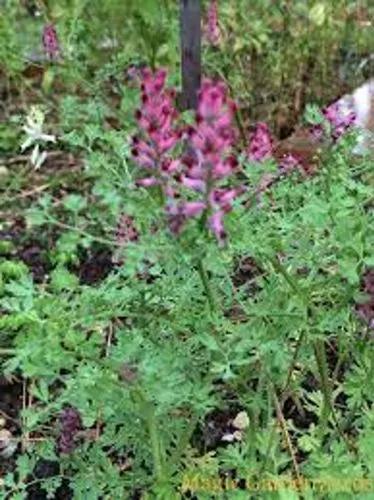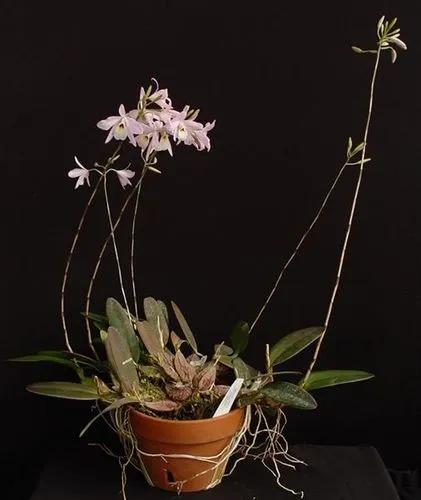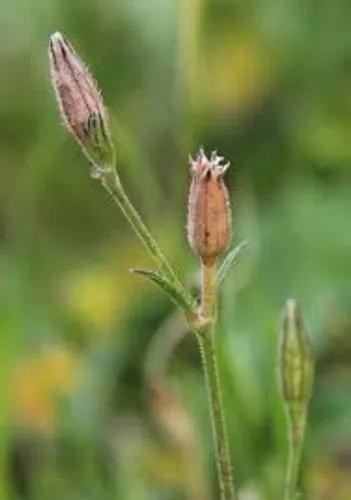Chamomile (Matricaria chamomilla L.) is a well-known medicinal plant species from the Asteraceae family often referred to as the “star among medicinal species.” Nowadays it is a highly favored and much used medicinal plant in folk and traditional medicine. Its multitherapeutic, cosmetic, and nutritional values have been established through years of traditional and scientific use and research. Chamomile has an established domestic (Indian) and international market, which is increasing day by day. The plant available in the market many a times is adulterated and substituted by close relatives of chamomile. This article briefly reviews the medicinal uses along with botany and cultivation techniques. Since chamomile is a rich source of natural products, details on chemical constituents of essential oil and plant parts as well as their pharmacological properties are included. Furthermore, particular emphasis is given to the biochemistry, biotechnology, market demand, and trade of the plant. This is an attempt to compile and document information on different aspects of chamomile and highlight the need for research and development.
Chamomile Care
Matricaria Chamomilla



How to Care for the Plant

Water

Chamomile does not require a great deal of water. regular water will keep the plants in bloom longer, but chamomile plants are very drought tolerant once established. it's best to allow your plants to dry out somewhat between moderate waterings. however, in extremely hot climates, chamomile will appreciate a bit more moisture.

Pruning

Trim off any dead leaves and stems.

Fertilizer

Use slow-release fertilizer for container plants. Avoid using too much fertilizer.

Sunlight

Minimum 12-14 hours of indirect sunlight.

Soil

Loamy soil, a relatively even mix of sand, silt and clay, feels fine-textured and slightly damp. It has ideal characteristics for gardening, lawns and shrubs. Loamy soil has great structure, adequate drainage, is moisture retaining, full of nutrients, easily cultivated and it warms up quickly in spring, but doesn't dry out quickly in summer.

Temperature

Chamomile is capable of thriving in any summer weather under 100 degrees Fahrenheit. Because it is drought tolerant, it does not require special humidity considerations.

Container

Whether your potted plants are indoors or outdoors, proper drainage is an essential element to ensure they stay healthy.

Additional

Allergic reactions (tongue thickening, tightness in the throat,swelling of the lips, throat and eyes, itching over the body) have been reported with German chamomile but are infrequent. Patients with severe allergic responses to ragweed (ragwort) should be warned about the possible cross-sensitivity to chamomile and other members of the Asteraceae/Compositae family (e.g. echinacea, feverfew, milk thistle).

Popularity

2,323 people already have this plant 587 people have added this plant to their wishlists
Discover more plants with the list below
Related articles






